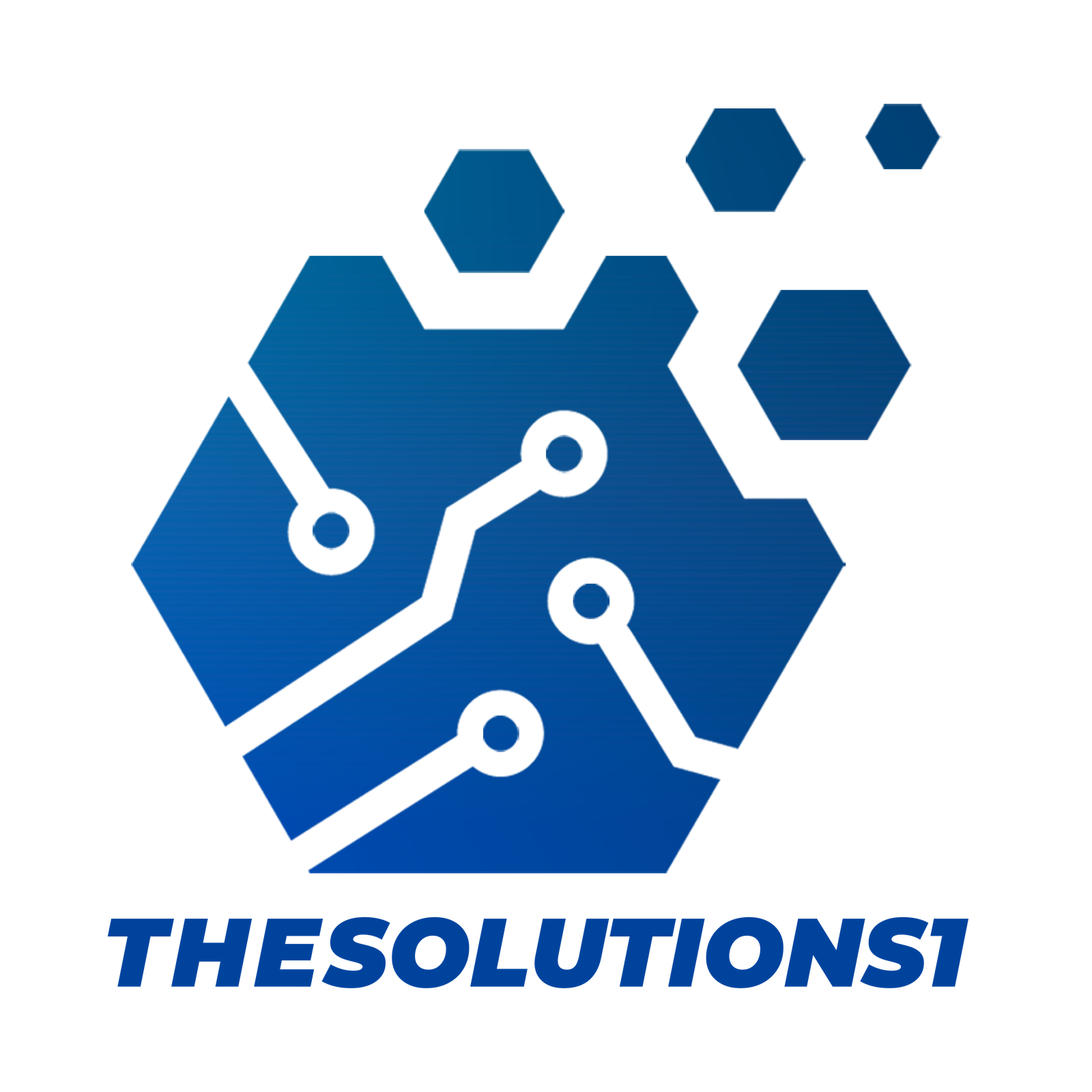When a CEO tells you that for the first time in 22 years his company can scale without simply hiring more people, you know something fundamental is shifting in the technology services industry. Martin Migoya, co-founder and CEO of Globant, Latin America’s largest technology services unicorn, is orchestrating what might be the most significant transformation in professional services since the advent of offshore outsourcing.
From a Buenos Aires bar conversation between four founders in 2003 to an NYSE-listed company with over 30,000 employees serving Disney, Google, and Santander, Globant has consistently challenged conventional wisdom. Now, Migoya is introducing a new, and radically different business model compared to the traditional time-and-materials structure: AI-powered subscription services that promise to deliver the output of five engineers with tangible savings.

The Netflix Model Meets Software Development
“You can buy professional services to create technology or automate your business processes in the same way you pay for Netflix,” Migoya explains. “You buy Netflix and you get content. You buy a Globant AI Pod and you get the streaming for a specific need that you have.”
This isn’t just marketing speak. Globant’s AI Pods represent a fundamental reimagining of how technology services are packaged and delivered. Instead of selling hours and hoping to estimate scope correctly, clients pay a monthly subscription. Behind the scenes, AI agents handle product definition, code generation, and testing, all supervised by human experts who ensure quality and context.
The model addresses one of the industry’s most persistent problems: scope creep. “Companies in general have a very large problem defining perfect scopes,” Migoya notes. “Scopes are variable and change, and every day are evolving as businesses change.” With the subscription model, clients can modify requirements without renegotiating contracts or facing unexpected bills.
From Personal Productivity To Process Revolution
While most organizations are still experimenting with AI for individual productivity gains, Migoya sees a much larger transformation ahead. “It’s not giving tools to people to be more productive, but changing processes in companies that create larger efficiency,” he emphasizes. This represents what he calls the evolution from personal productivity AI to “agentic AI,” where artificial intelligence doesn’t just assist humans but orchestrates entire workflows.
The complexity of this environment cannot be overstated. During our conversation, Migoya mentioned creating a presentation slide with over 75 logos of AI companies that didn’t exist 18 months ago. This explosion of AI tools and platforms creates both opportunity and confusion for enterprises trying to navigate the landscape.
Globant’s response has been to create Globant Enterprise AI, a platform that connects to hundreds of large language models and creates agents intelligently based on the specific requirements. “Whatever is good today, maybe not good tomorrow,” Migoya observes. “So managing very fast with any specific technology provider could be the right decision, could be the wrong decision.”
The Human Element In An AI World
Despite the emphasis on automation, Migoya is adamant that human supervision remains critical. “This is the first time in the industry that a service is provided by a services company and can guarantee the output of what we are producing,” he explains. The guarantee is possible because human experts oversee every AI-generated deliverable.
This supervision isn’t just about quality control, it’s about context. “The smartest person in the world, or the smartest AI in the world will fail if they don’t have the right context,” Migoya points out. The ability to provide that context, to understand when an AI solution makes sense for a billion-line codebase versus a greenfield project, requires deep engineering knowledge.
For Globant’s 30,000 employees, this shift means evolving from writing code to orchestrating AI agents. “I believe that the future of our people will go from creating lines of code to orchestrate agents and to be the sherpas of that extremely complex environment,” Migoya says. Rather than requiring less knowledge, he argues that his team needs to know more, understanding both traditional engineering principles and the rapidly expanding universe of AI capabilities.
Industry Specific Intelligence
Globant has organized its AI capabilities around eight industry-specific studios covering financial services, life sciences, airlines, and Retail, among others. Each studio develops AI Pods tailored to solve particular industry challenges, whether that’s revenue management for airlines or procurement optimization for manufacturing.
The company has also created three core agents: Coda for software development, Navigate for enterprise backend integration, and Fusion for digital marketing. This specialization reflects Migoya’s belief that generic AI solutions won’t suffice for complex enterprise environments.
Disruption in the consumer services space particularly intrigues Migoya. He makes the point that since AI agents are increasingly making decisions and carrying out tasks, companies must also focus on keeping a brand visible and relevant to them, not just to human consumers. He envisions a future where AI agents comparison shop for mortgages or make purchases without users visiting websites, forcing brands to completely rethink their digital strategies.
The Broader Implications
Migoya draws parallels between today’s AI revolution and the early internet era when Globant was founded. “I think right now we are in the moment in which AI is being used mostly for personal productivity, but it’s just the beginning as we were in the early days of the internet.”
The transformation extends beyond software development into physical AI and robotics integration. “The next phase is how we make AI to be trained with physical input,” Migoya predicts, envisioning AI systems that can interact with and learn from the physical world.
For business leaders trying to navigate this transformation, Migoya offers pragmatic advice: foster creativity within organizations by challenging every department to identify AI opportunities, and build technology platforms that remain independent of any single AI provider. “You don’t know what’s gonna be the perfect future. You may have a bet, but you don’t know exactly what it’s going to look like.”
Reinventing An Entire Industry
Migoya’s ultimate ambition extends beyond Globant’s success to transforming an entire industry. “My largest focus today is how to reinvent this industry to something new,” he states. Whether other professional services companies follow Globant’s subscription model remains to be seen. But Migoya’s confidence stems from practical results: multiple clients are already using AI Pods, enjoying the flexibility to change scope without contract renegotiation while achieving cost savings.
As we stand at the threshold of what Migoya calls the agentic AI era, Globant’s experiment offers a glimpse of how the traditional services industry might transform. The company that once brought Latin American talent to global technology projects is now pioneering how human expertise and artificial intelligence can combine to deliver unprecedented value.
The question isn’t whether AI will transform professional services, but whether other companies can adapt as quickly as this Buenos Aires-born unicorn that has never stopped reinventing itself. To find out more about Globant and their AI Pods click here.
Credit: Bernard Marr




